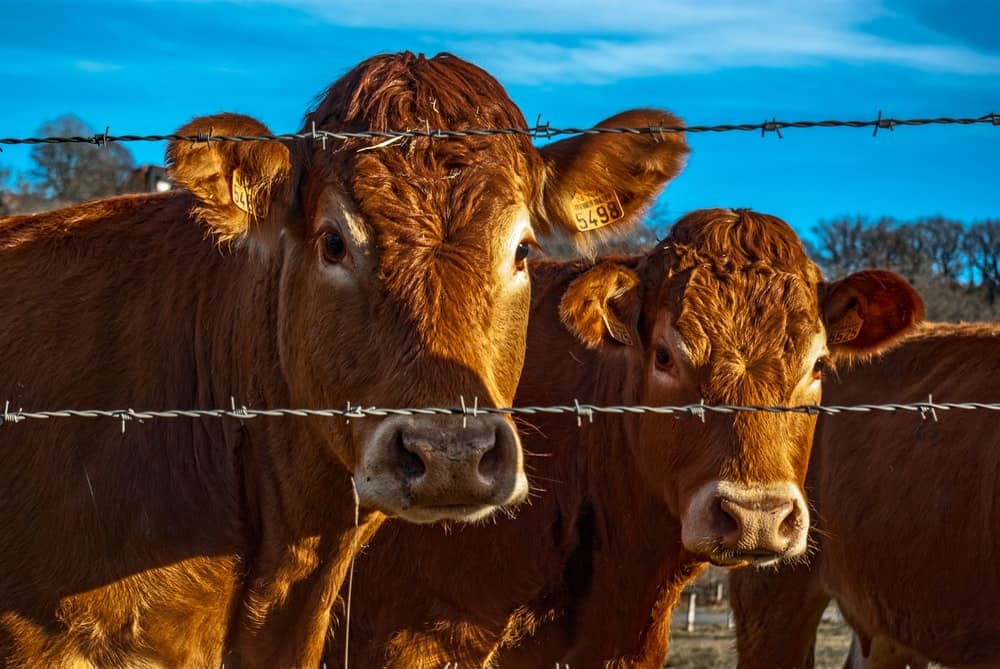
There have been incessant discussions about how Brexit could be the undoing of a finely balanced U.K. economy. As the deadline nears and the country braces itself to leave the EU by March of next year, a lot more details obscure to the general populace seem to crop up, with the limelight now on the U.K.’s dairy industry.
Arla Foods, a pan-European dairy cooperative had sanctioned a study on the impact of Brexit on the U.K. dairy industry at the London School of Economics, with the resulting findings being far from mellow. The U.K. dairy industry depends heavily on the European mainland, importing products like cheese, yogurt, milk, infant formula and even ice cream. The report suggests that the curtains would come falling on the ease of importing once Brexit goes into effect.
The U.K. has historically kept a dairy trade deficit, with it climbing from £476 million in 1990 to £1.2 billion in 2014. The trade imports between January and May year-on-year has risen by an astounding 29.6% this year for cheddar cheese, with specialty cheese and butter showing a modest increase by 3.4% and 7.6% respectively. The country has the second largest dairy trade deficit in the world at 16%, with 98% of all dairy imports coming in from the EU.
Having banked on the EU for so long, the local dairy industry of the U.K. did not have a chance to flourish. And to begin with, the industry had its own set of problems. Nearly one in every ten dairy farms across England and Wales closed down between 2013 and 2016, due to a milk price cascade in the country. Farm owners blamed the mismatch in supply and demand and the supermarket nexus which stopped them from approaching consumers directly to sell milk.
The result was that there was too much milk in the market and the prices fell by about 30%. But once Brexit hits, the prices can be expected to climb, which could help the cause of the local farmers to get their products valued a lot more in the market.
What worries Arla Foods though, is when the doors to EU are shut and a mad rush towards local dairy products ensues, dairy farms might be reckless with their quality standards as they ramp-up production. And as their statement poignantly notes, “this is in addition to costly impacts throughout the supply chain, problems that could be exacerbated by a shortage of vets, lorry drivers and farm workers post-Brexit.”
The LSE report further identified that the customs inspection waiting times would soar up, with “even a seven-minute additional waiting period for each inspection adding 10 hours of delays and additional costs of at least £111 per container.” The additional delays are a case of an administrative screw-up, as the U.K. Customs Declaration Service is ill-equipped to manage the overwhelming inflow of goods at its borders. The service is designed to only handle 150 million declarations per year, while the number is expected to be more than 250 million post-Brexit.
There also is the concern of vet scarcity. As the U.K. divorces EU, it would see a number of vets leave its shore, which LSE estimates would lead to a 372% increase in workload at the border for the vets who remain. This puts the country’s dairy import at a precarious position, with “no certainty that the system will continue to function adequately given these additional pressures.”
Arla Foods has observed earlier that these would be the consequences of a ‘soft’ Brexit, with a hard Brexit bringing in more stringent regulations which could only be disastrous and end up alienating the country from mainland Europe for good.
“The farmers that own the Arla dairy cooperative already balance keeping consumer prices down with maintaining quality and the best standards, including high animal welfare. There’s no margin to play with here in the value chain,” said Ash Amirahmadi, U.K. Managing Director of Arla Foods UK. “Any disruption means that if we don’t get the practicalities of Brexit right we will face a choice between shortages, extra costs that will inevitably have to be passed on to the consumer or undermining the world-class standards we have worked so hard to achieve.”
Amirahmadi also pointed out the uncertainty at the borders and the impracticability of setting the wheels in motion in the dairy industry at a few months’ notice. “In the short and medium term, we cannot just switch milk production on and off. Increasing the UK’s milk pool and building the infrastructure for us to be self-sufficient in dairy will take years,” he said.
From what can be seen, the U.K. dairy industry has been pushed to a corner and has but two options. To sit on the extended customs process post-Brexit, or try ramping up local dairy production to meet growing demand. And to its deep chagrin, neither of the prospects look rosy at the moment.
Stay up-to-date with the latest commentary and insights on FreightTech and the impact to the markets by subscribing.










